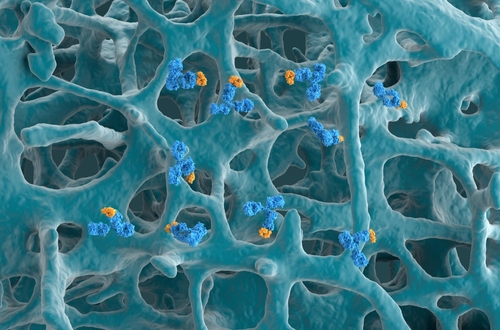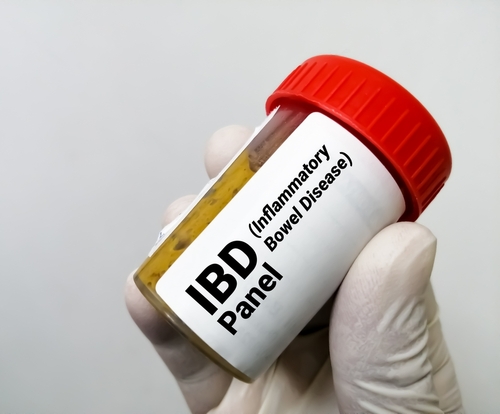
Tezepelumab reduced asthma exacerbations and improved lung function more than placebo in patients with severe, uncontrolled asthma who were former smokers or never smokers, according to a recent study.
Mario Castro, MPH, MD, of the University of Kansas School of Medicine, and colleagues conducted the research because “smoking is associated with more severe asthma symptoms and reduced treatment response,” and while “smoking cessation can improve symptoms, little is known about the efficacy of biologic treatment in former smokers.”
Dr. Castro and colleagues conducted a post hoc analysis of phase 3 NAVIGATOR study data to assess the effectiveness of tezepelumab, a human monoclonal antibody that blocks thymic stromal lymphopoietin, in patients who were former smokers and patients who were never smokers.
The NAVIGATOR study was a randomized, double-blind, placebo-controlled multicenter study. The study comprised 1059 patients aged 12 to 80 years who were not current smokers. Patients who stopped smoking, vaping, or using e-cigarettes at least 6 months before their first visit were eligible if they had a smoking history of less than 10 pack years. All patients were receiving medium-to-high doses of inhaled corticosteroids and at least 1 additional controller medication with or without oral corticosteroids.
Patients who formerly smoked comprised 20% of the study population, with 99 receiving tezepelumab and 110 receiving the placebo. A higher proportion of patients who formerly smoked were male, had experienced more than 2 asthma exacerbations, had lower baseline fractional exhaled nitric oxide levels, and were receiving maintenance oral corticosteroids, compared with patients who never smoked.
Dr. Castro and colleagues assessed the annualized asthma exacerbation rate by measuring the prebronchodilator forced expiratory volume at baseline through week 52.
Tezepelumab reduced the annualized asthma exacerbation rate by 48% (95% CI, 21-65) more than placebo in patients who formerly smoked, while it reduced the annualized asthma exacerbation rate by 58% (95% CI, 48-66) more than placebo in patients who never smoked.
The annualized asthma exacerbation rate over 1 year in patients receiving placebo was higher in patients who formerly smoked (2.58; 95% CI, 1.97-3.39) than in patients who never smoked (1.98; 95% CI, 1.71-2.28).
Tezepelumab led to a greater improvement from baseline to week 52 in prebronchodilator forced expiratory volume in 1 second than placebo in patients who formerly smoked and those who never smoked.
“This analysis demonstrates the efficacy of tezepelumab in a broad population of patients with severe, uncontrolled asthma, including patients who were former smokers and who had never smoked,” Dr. Castro and colleagues concluded.
Kraft M, L Colice GL, Ambrose C, et al. Efficacy of tezepelumab in patients with severe, uncontrolled asthma grouped by number of additional asthma controller medications: results from the phase 3 NAVIGATOR study. Chest. 2022;162(4):A11-A12. doi:10.1016/j.chest.2022.08.012







 © 2025 Mashup Media, LLC, a Formedics Property. All Rights Reserved.
© 2025 Mashup Media, LLC, a Formedics Property. All Rights Reserved.